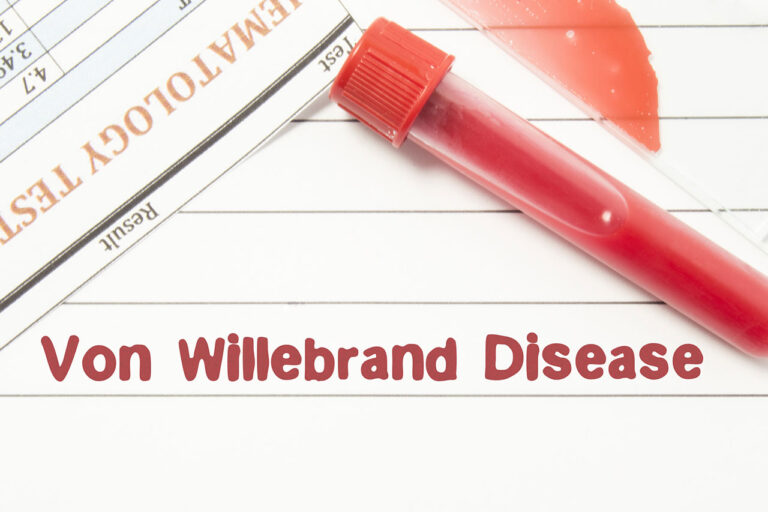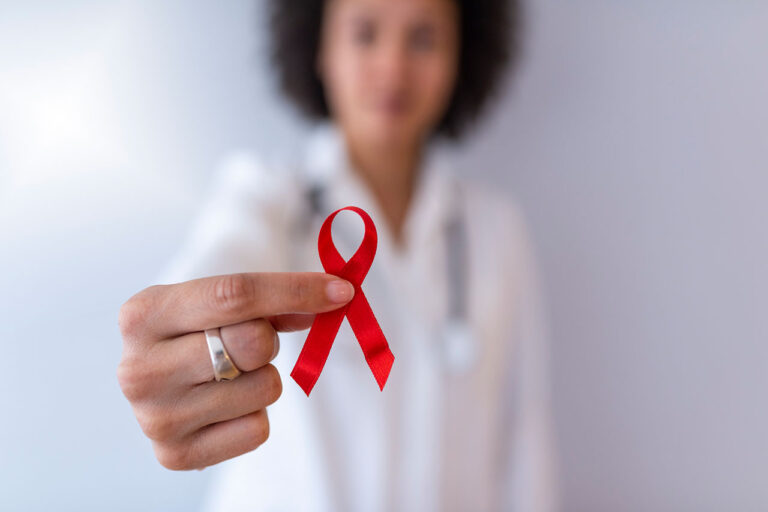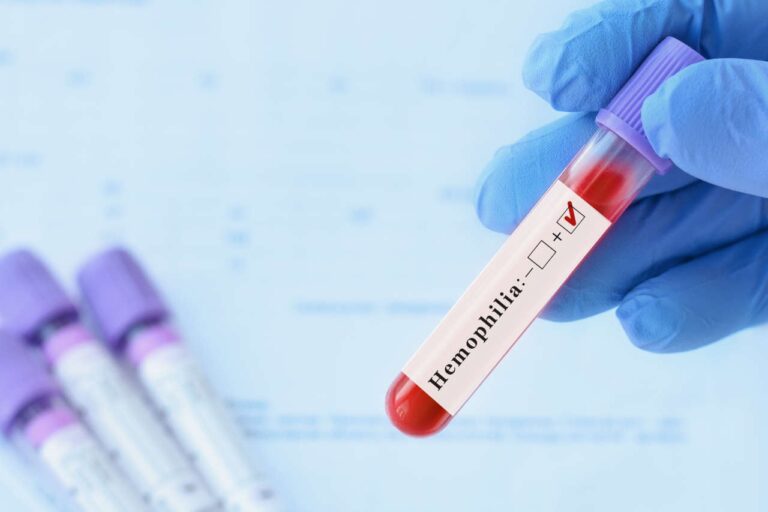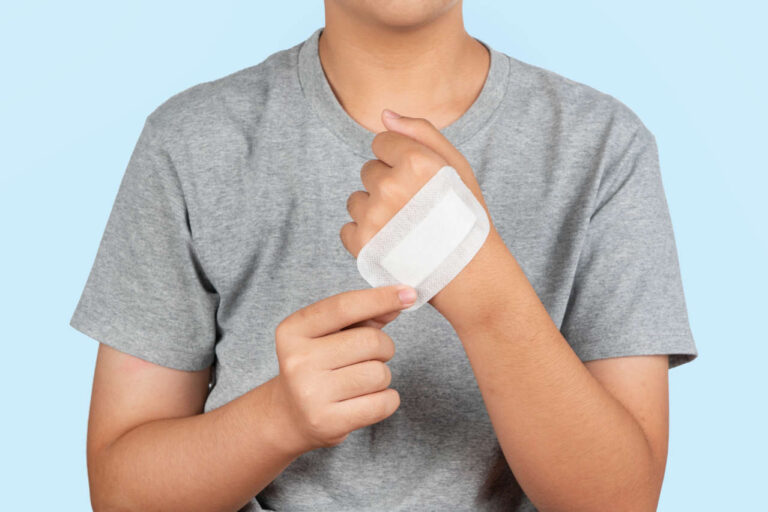
Se dispone de información limitada sobre el vínculo entre hemofilia y alcohol. Si bien no se espera que una cantidad baja o moderada cause daño adicional en la hemofilia, el consumo excesivo de alcohol a largo plazo puede tener varias consecuencias.
Hable con un especialista sobre la asistencia con los copagos
Una breve descripción general de la hemofilia
En las personas con hemofilia, la sangre no coagula correctamente. Esto puede ocurrir cuando las personas tienen poco o ningún factor de coagulación (más comúnmente VIII y IX) en la sangre.
Como resultado, tienden a sangrar durante más tiempo después de una lesión. Además, son más propensos a sufrir hemorragias internas que, si no se tratan, pueden ser mortales.
Hemofilia y alcohol: 3 razones para abstenerse o limitar el consumo de alcohol si tiene un trastorno hemorrágico
1. El consumo excesivo de alcohol puede dañar el hígado y afectar la producción de factores de coagulación.
La combinación de hemofilia y alcohol es un doble golpe para el hígado.
El consumo excesivo de alcohol puede provocar acumulación de grasas en el hígado, inflamación y cicatrices.
El hígado produce los factores VIII y IX. Cuando se padece una enfermedad hepática, el hígado no produce suficientes factores de coagulación, lo que provoca una coagulación sanguínea alterada.
2. El alcohol aumenta el riesgo de accidentes de tráfico
Conducir bajo los efectos del alcohol aumenta el riesgo de accidentes de tráfico. Según la Administración Nacional de Seguridad del Tráfico en las Carreteras (NHTSA), más del 301% de las muertes por accidentes de tráfico en EE. UU. involucran a conductores ebrios.2].
Dado que la hemofilia puede provocar sangrado más prolongado de lo habitual, cualquier tipo de lesión puede ser problemático. En estos casos, retrasar el tratamiento puede ser fatal.
3. Algunos tratamientos para la hemofilia interactúan con el alcohol.
Las personas que reciben terapia génica deben evitar el alcohol durante al menos 12 meses después de la terapia. El hígado es el objetivo de la terapia génica para la hemofilia. Por lo tanto, se recomienda a quienes reciben terapia génica que dejen de beber o que lo hagan con moderación durante períodos prolongados, ya que puede disminuir la actividad del factor.3].
Obtenga asistencia financiera
Pautas dietéticas para el alcohol en los EE. UU.
Según las “Pautas alimentarias para los estadounidenses 2020-2025”, entre las personas de 21 años o más que eligen beber [4]:
- Los hombres deben limitar su consumo a 2 bebidas o menos por día.
- Las mujeres deben limitar su consumo a una bebida o menos por día.
En EE. UU., una “bebida estándar” es la cantidad de alcohol presente en:
- 12 onzas líquidas de cerveza regular (alcohol 5%)
- 8 – 10 onzas líquidas de licor de malta (alcohol 7%)
- 5 onzas líquidas de vino de mesa (12% de alcohol)
- 3 – 4 onzas líquidas de vino fortificado (alcohol 17%)
- 1,5 onzas líquidas de bebidas destiladas (alcohol 40%)
Actualmente no existen pautas de consumo de alcohol para personas con hemofilia. La cantidad que puede beber (si decide hacerlo) depende de varios factores, como:
- Gravedad de la hemofilia
- Presencia de enfermedad hepática
- Su salud en general
- Medicamentos que toma
Por lo tanto, es mejor consultar con su proveedor si decide beber.
REFERENCIAS:
- Goedert, JJ, Eyster, ME, Lederman, MM, Mandalaki, T., De Moerloose, P., White, G., Angiolillo, A., Luban, NL, Sherman, KE, Manco‐Johnson, MJ, Preiss, L., Leissinger, C., Kessler, CM, Cohen, AR, DiMichele, D., Hilgartner, MW, Aledort, LM, Kröner, B., Rosenberg, PS y Hatzakis, A. (2002). Enfermedad hepática terminal en personas con hemofilia e infecciones asociadas a transfusiones. Blood, 100(5), 1584–1589. https://doi.org/10.1182/blood.v100.5.1584.h81702001584_1584_1589
- Conducir ebrio | NHTSA. (sin fecha). NHTSA. https://www.nhtsa.gov/risky-driving/drunk-driving#
- https://labeling.pfizer.com/ShowLabeling.aspx?id=20452
- Datos sobre el consumo moderado de alcohol | CDC (sin fecha). https://www.cdc.gov/alcohol/fact-sheets/moderate-drinking.htm#













